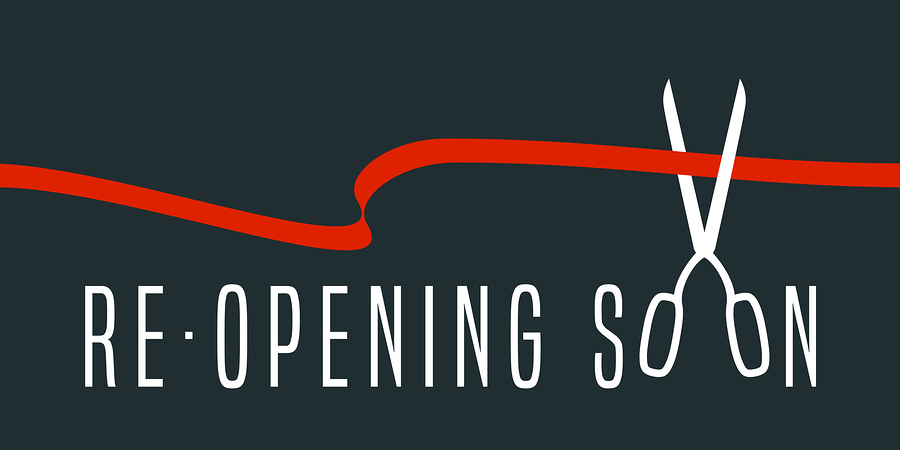Getting Back to Business After the COVID-19 Pandemic

Historians have long known the historical relevance and impact of epidemics and pandemics. Despite our various technological advances and the complexity of our society, disease can instantly change the course of history. Not having a robust global system for dealing with disease and pandemics comes with a hefty price tag. In the case of the COVID-19 economic crisis, the price tag will no doubt be in the trillions.
You can’t control what has happened, but you can focus on what to do when the pandemic is over and life begins to slowly return to normal. In his recent article, “How to Hit the Ground Running After the Pandemic,” author Geoffrey James explores what businesses need to do to jumpstart their operations once the pandemic is in the history books.
James wants his readers to understand that the pandemic will end and that business owners need to be ready to charge back in when the pandemic is over and the economy rebounds. As James points out, if history is any indicator, the economy will eventually rebound.
Almost everything about this economic downturn is unique. Take, for example, the fact that the U.S. has just seen its largest-ever economic expansion. The gears and wheels of the economy were spinning along quite quickly before the pandemic hit. This could help restart the economy faster than in past severe economic downturns. In short, many experts feel that this particular economic downturn could be short, but of course, this is speculation. There is no way to know for sure until COVID-19 is in the rearview mirror.
James correctly asserts that businesses need to put together a plan for how they will get up and running as soon as the pandemic is over. His recommendation is to divide your plan and thinking into four distinct categories: Facilities, Personnel, Manufacturing, and Marketing.
Each of these categories has three key questions that business owners should be asking themselves so that their businesses are ready to hit the ground running when COVID-19 is over. Below are a few of the key questions James recommends asking.
- How can we create the most sanitary and disease-free workplace possible?
- Which employees will continue to work from home?
- When there’s a spike in demand, how will we ramp-up?
- What will be our “We’re Back!” marketing message?
The pandemic caught everyone except the experts off guard. Moving forward, business leaders, think tanks, and politicians alike need to work to develop and implement robust plans to minimize the damage caused by pandemics. Humanity, and business, has been “lucky” several times in recent years, as we dodged bullets ranging from Ebola to SARS.
As James points out in his article, “Failing to plan is planning to fail.” Businesses need to plan for the recovery and they need to plan for another pandemic because another one is quite possible especially if better planning and decision making are not firmly entrenched in place.
Copyright: Business Brokerage Press, Inc.





